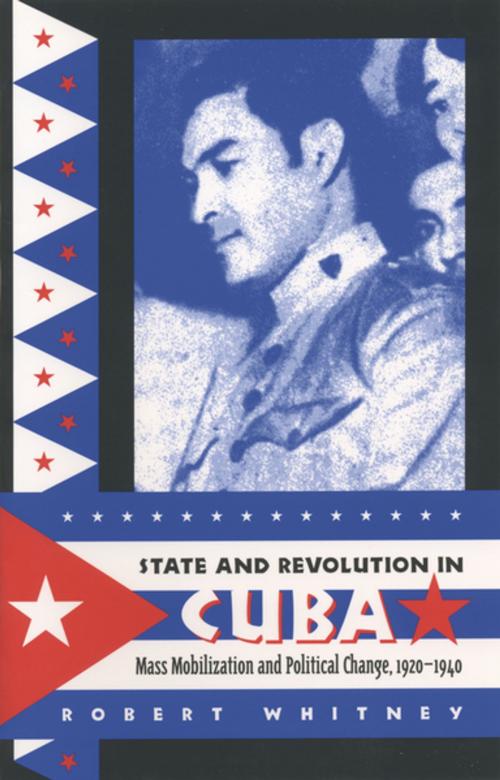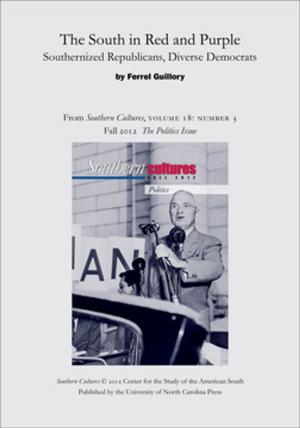State and Revolution in Cuba
Mass Mobilization and Political Change, 1920-1940
Nonfiction, History, Americas, Caribbean & West Indies, Reference, Historiography, Social & Cultural Studies, Political Science, Government, Democracy| Author: | Robert Whitney | ISBN: | 9781469621562 |
| Publisher: | The University of North Carolina Press | Publication: | November 1, 2017 |
| Imprint: | The University of North Carolina Press | Language: | English |
| Author: | Robert Whitney |
| ISBN: | 9781469621562 |
| Publisher: | The University of North Carolina Press |
| Publication: | November 1, 2017 |
| Imprint: | The University of North Carolina Press |
| Language: | English |
Between 1920 and 1940, Cuba underwent a remarkable transition, moving from oligarchic rule to a nominal constitutional democracy. The events of this period are crucial to a full understanding of the nation's political evolution, yet they are often glossed over in accounts that focus more heavily on the revolution of 1959. With this book, Robert Whitney accords much-needed attention to a critical stage in Cuban history.
Closely examining the upheavals of the period, which included a social revolution in 1933 and a military coup led by Fulgencio Batista one year later, Whitney argues that the eventual rise of a more democratic form of government came about primarily because of the mass mobilization by the popular classes against oligarchic capitalism, which was based on historically elite status rather than on a modern sense of nation. Although from the 1920s to the 1940s politicians and political activists were bitterly divided over what "popular" and "modern" state power meant, this new generation of politicians shared the idea that a modern state should produce a new and democratic Cuba.
Between 1920 and 1940, Cuba underwent a remarkable transition, moving from oligarchic rule to a nominal constitutional democracy. The events of this period are crucial to a full understanding of the nation's political evolution, yet they are often glossed over in accounts that focus more heavily on the revolution of 1959. With this book, Robert Whitney accords much-needed attention to a critical stage in Cuban history.
Closely examining the upheavals of the period, which included a social revolution in 1933 and a military coup led by Fulgencio Batista one year later, Whitney argues that the eventual rise of a more democratic form of government came about primarily because of the mass mobilization by the popular classes against oligarchic capitalism, which was based on historically elite status rather than on a modern sense of nation. Although from the 1920s to the 1940s politicians and political activists were bitterly divided over what "popular" and "modern" state power meant, this new generation of politicians shared the idea that a modern state should produce a new and democratic Cuba.















